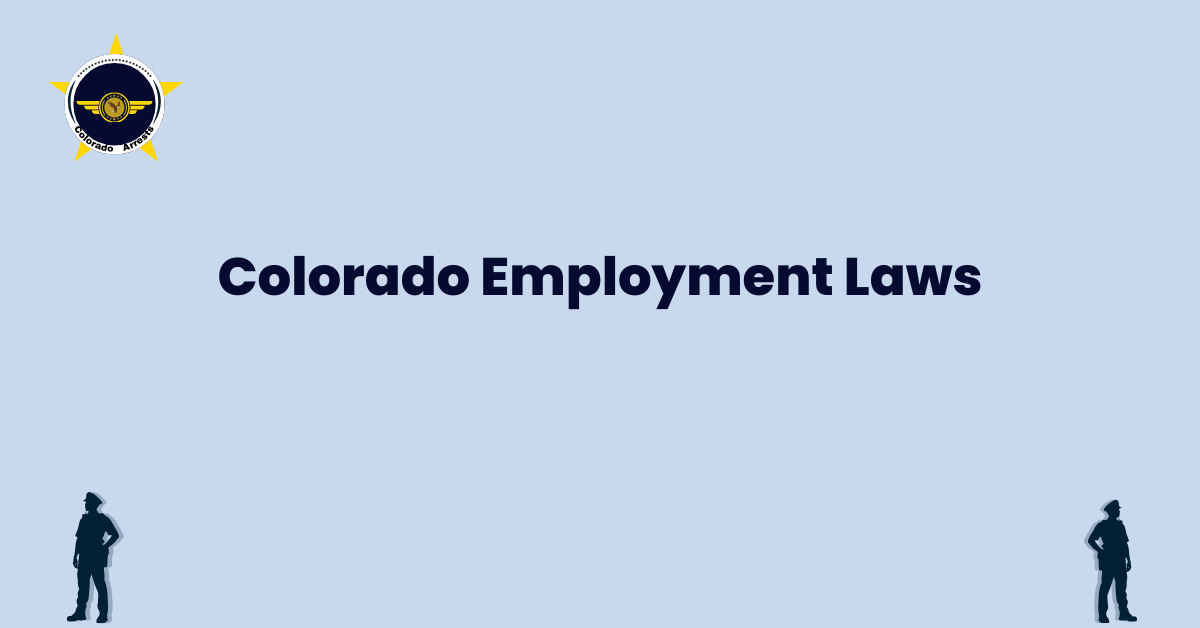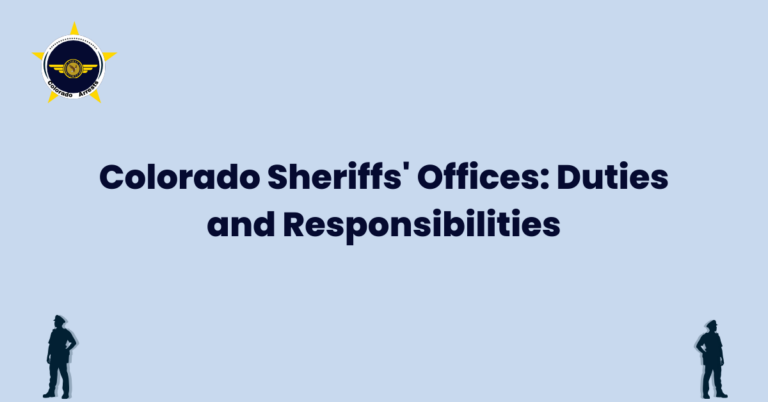Colorado Employment Laws
Colorado Employment Laws play a crucial role in ensuring fair and just treatment of employees across the state. These laws encompass a wide range of aspects, from minimum wage and overtime regulations to anti discrimination and workplace safety provisions. Understanding and complying with these laws is essential for both employers and employees alike.
With the aim of promoting a harmonious and equitable work environment, Colorado Employment Laws protect workers’ rights and create a level playing field for all. These laws set standards for fair compensation, ensuring that employees are paid a minimum wage that reflects the cost of living. They also establish guidelines for overtime pay, ensuring that employees are fairly compensated for any additional hours they work beyond the standard workweek.
Ensuring Fair Treatment Anti Discrimination Laws
Colorado Employment Laws go beyond just minimum wage and overtime regulations. They also include provisions to protect employees from discrimination in the workplace. These laws prohibit discrimination based on factors such as race, gender, age, disability, and sexual orientation.
By establishing guidelines for fair treatment, these laws contribute to a more inclusive and diverse workforce. They ensure that all employees have equal opportunities for employment, promotion, and advancement, regardless of their protected characteristics.
Promoting Workplace Safety Occupational Health and Safety Laws
Another crucial aspect of Colorado Employment Laws relates to workplace safety. These laws aim to protect employees from hazards and ensure a safe working environment. They require employers to provide training, protective equipment, and proper safety protocols.
By prioritizing workplace safety, these laws not only protect employees from accidents and injuries but also promote overall productivity and well being. Employers who comply with these laws create a positive work environment that fosters employee satisfaction and loyalty.
Protecting Employees’ Rights Family and Medical Leave Laws
Colorado Employment Laws also address the needs of employees who require time off for family or medical reasons. These laws provide protections such as the Family and Medical Leave Act (FMLA), which allows eligible employees to take unpaid leave for specific family and medical situations.
By ensuring job security and protecting employees’ rights, these laws recognize the importance of work life balance. They enable employees to take care of their personal and family needs without fear of losing their jobs or facing other adverse consequences.
Preventing Workplace Exploitation Wage Theft Laws
Wage theft refers to the illegal practice of employers not paying employees their rightful wages. Colorado Employment Laws include provisions to combat wage theft and protect employees from exploitation.
These laws require employers to accurately record and report employees’ hours worked, provide detailed wage statements, and promptly pay wages owed. By holding employers accountable, these laws ensure that employees receive fair compensation for their hard work and deter unethical labor practices.
Creating a Fair Working Environment Equal Pay Laws
Colorado Employment Laws also address the issue of pay equity. Equal Pay Laws aim to eliminate gender based pay disparities and ensure that employees receive equal pay for equal work.
These laws prohibit employers from paying employees differently based on their gender. They promote transparency in pay practices and encourage employers to evaluate and address any existing pay gaps. By promoting fair compensation, these laws contribute to a more equitable and inclusive work environment.
FAQs
What are the minimum wage regulations in Colorado?
In Colorado, the current minimum wage is $132 per hour for non tipped employees and $9.30 per hour for tipped employees. However, it is important to note that certain cities and counties in Colorado may have higher minimum wage requirements.
How does overtime pay work in Colorado?
In Colorado, employees are entitled to overtime pay when they work more than 40 hours in a workweek. The overtime rate is 5 times the employee’s regular rate of pay. Some exceptions apply to certain industries or job positions.
What are the anti discrimination laws in Colorado?
Colorado Employment Laws prohibit discrimination based on race, color, national origin, sex, pregnancy, age, disability, religion, and sexual orientation. These laws apply to all aspects of employment, including hiring, promotion, termination, and compensation.
What workplace safety provisions are covered by Colorado Employment Laws?
Colorado has implemented workplace safety regulations to ensure the well being of employees. These regulations cover areas such as hazard communication, workplace violence prevention, ergonomics, and occupational health and safety.
How can employers ensure compliance with Colorado Employment Laws?
Employers in Colorado can ensure compliance with employment laws by staying updated on any changes or updates to the laws. They should also establish clear policies and procedures that align with the state’s regulations and provide training to employees to ensure understanding and adherence to these laws.
What remedies are available to employees who experience violations of Colorado Employment Laws?
If an employee believes their rights have been violated under Colorado Employment Laws, they can file a complaint with the Colorado Department of Labor and Employment. Remedies may include back pay, reinstatement, and other appropriate remedies determined by the department.







